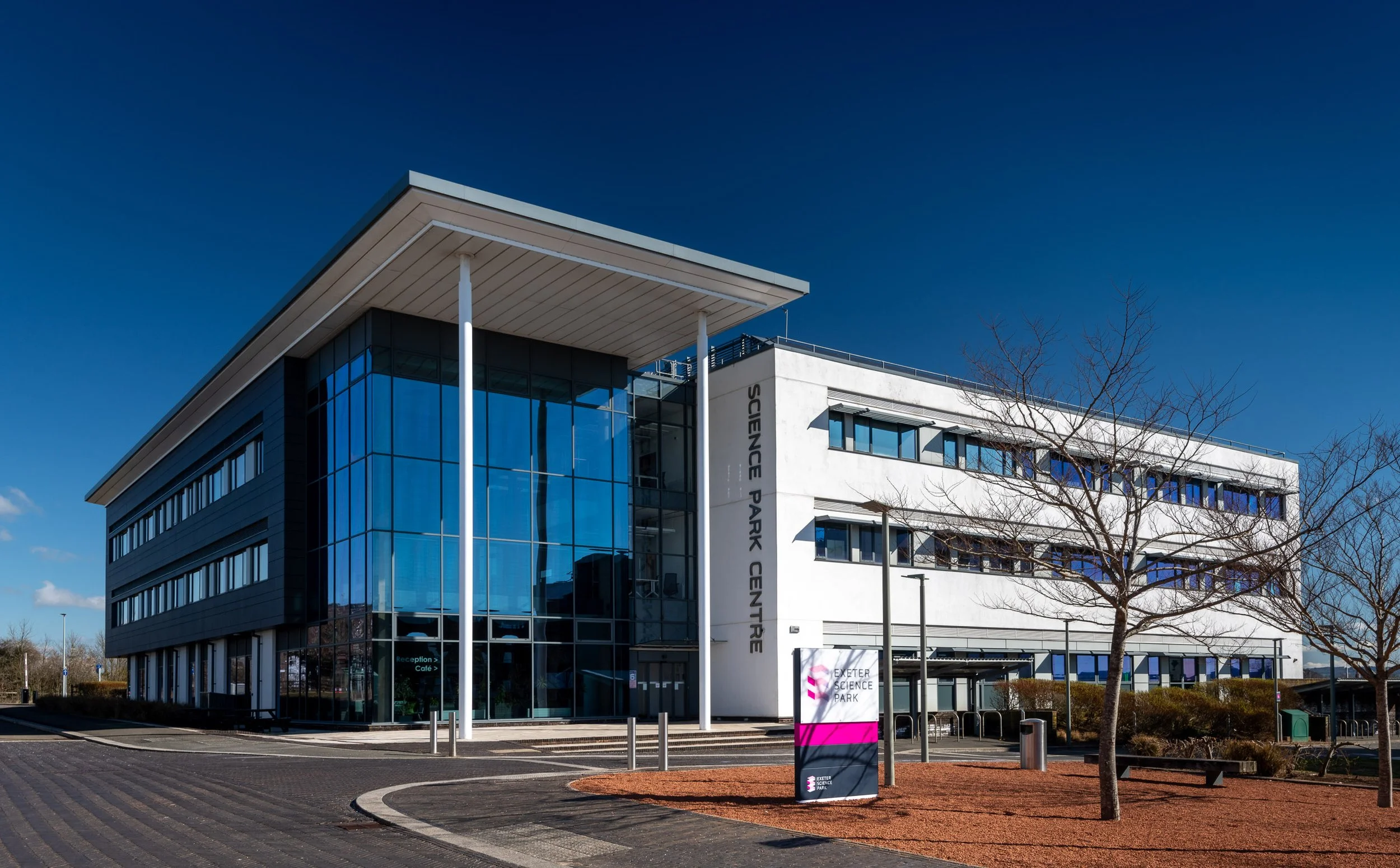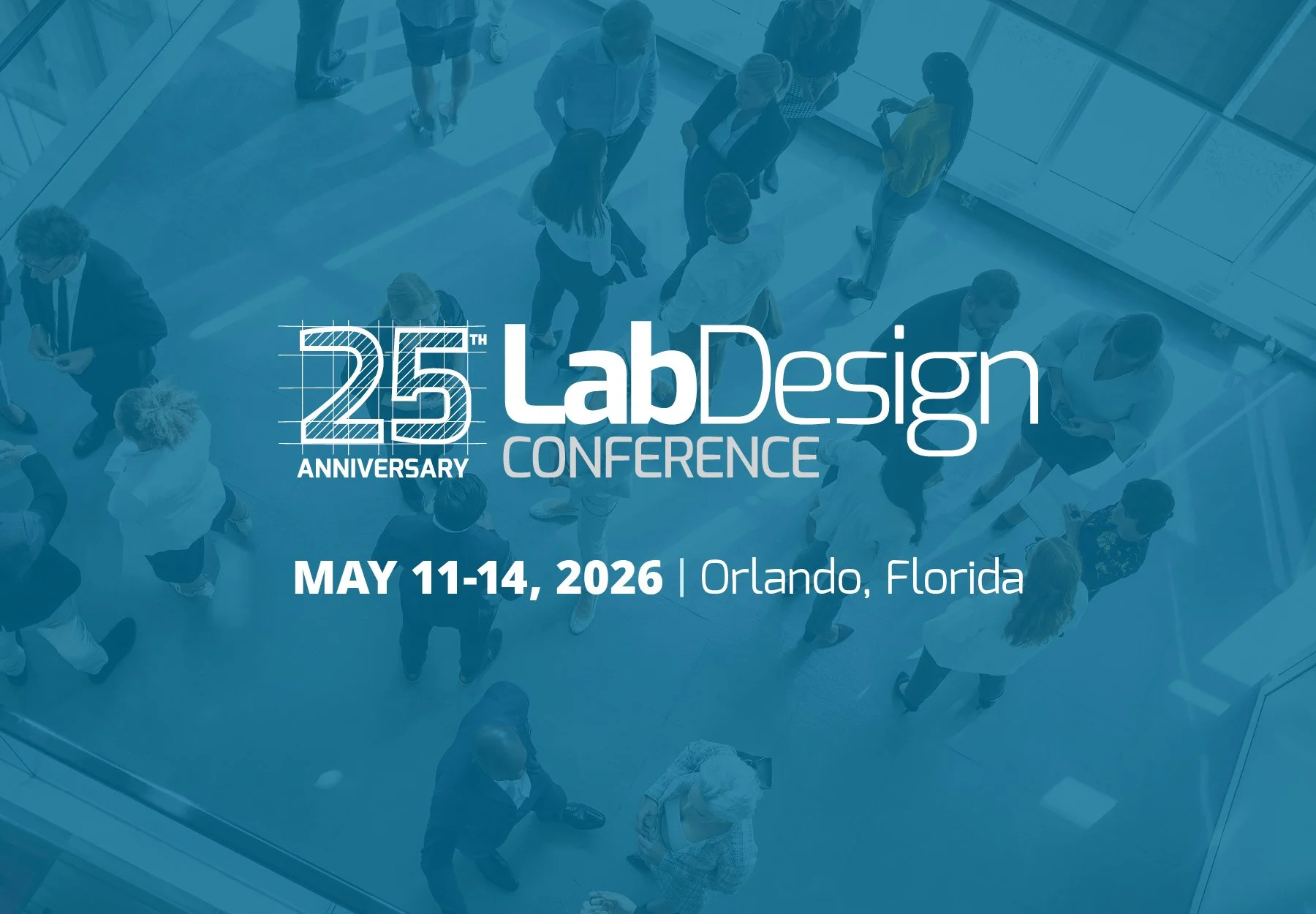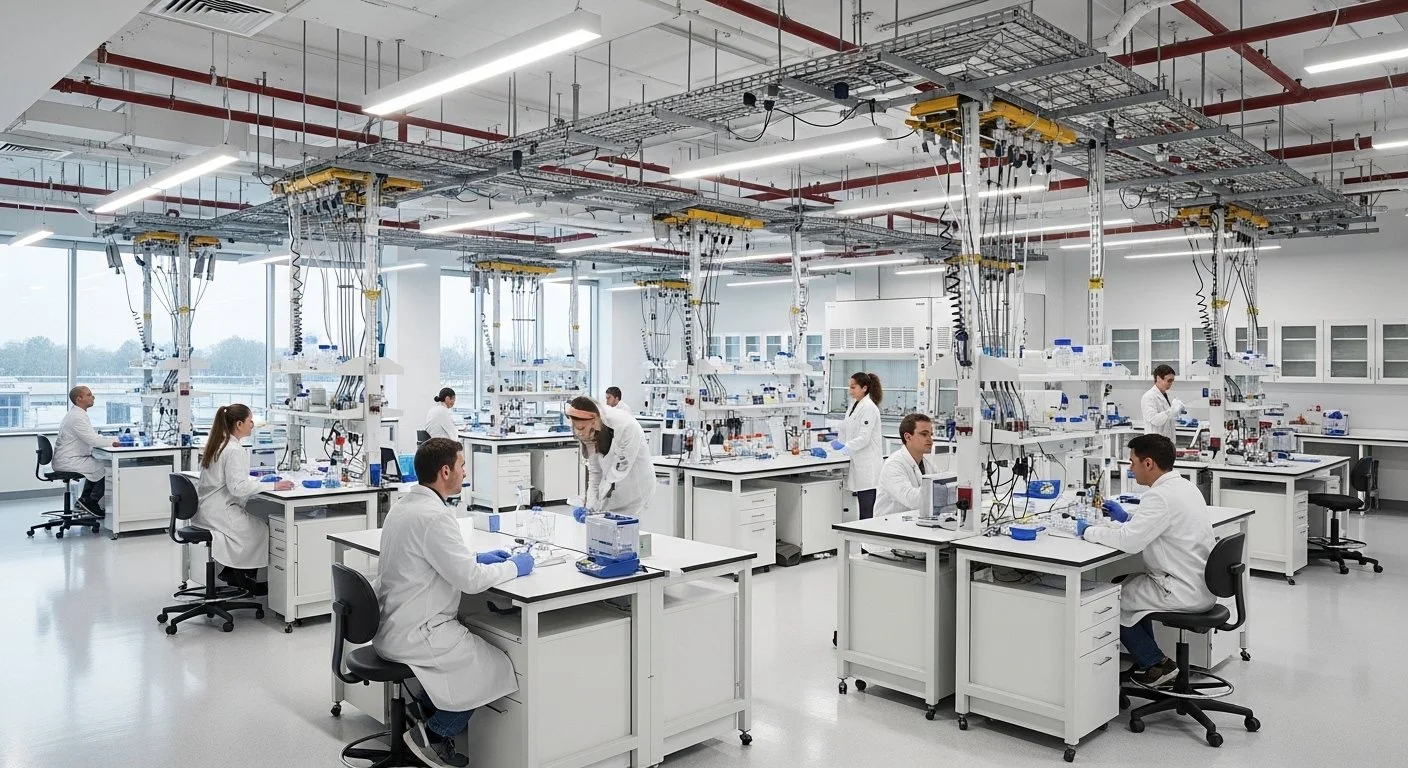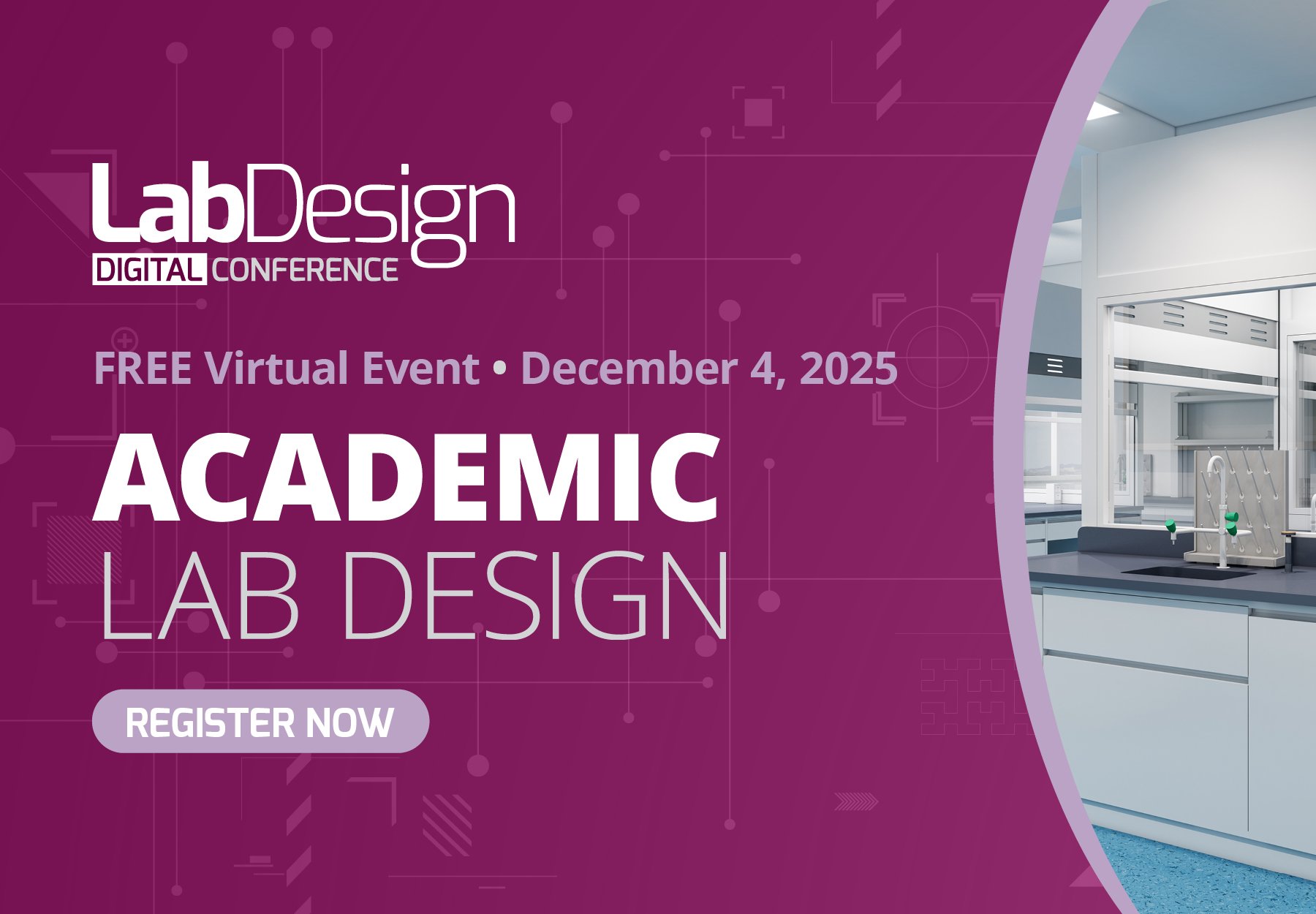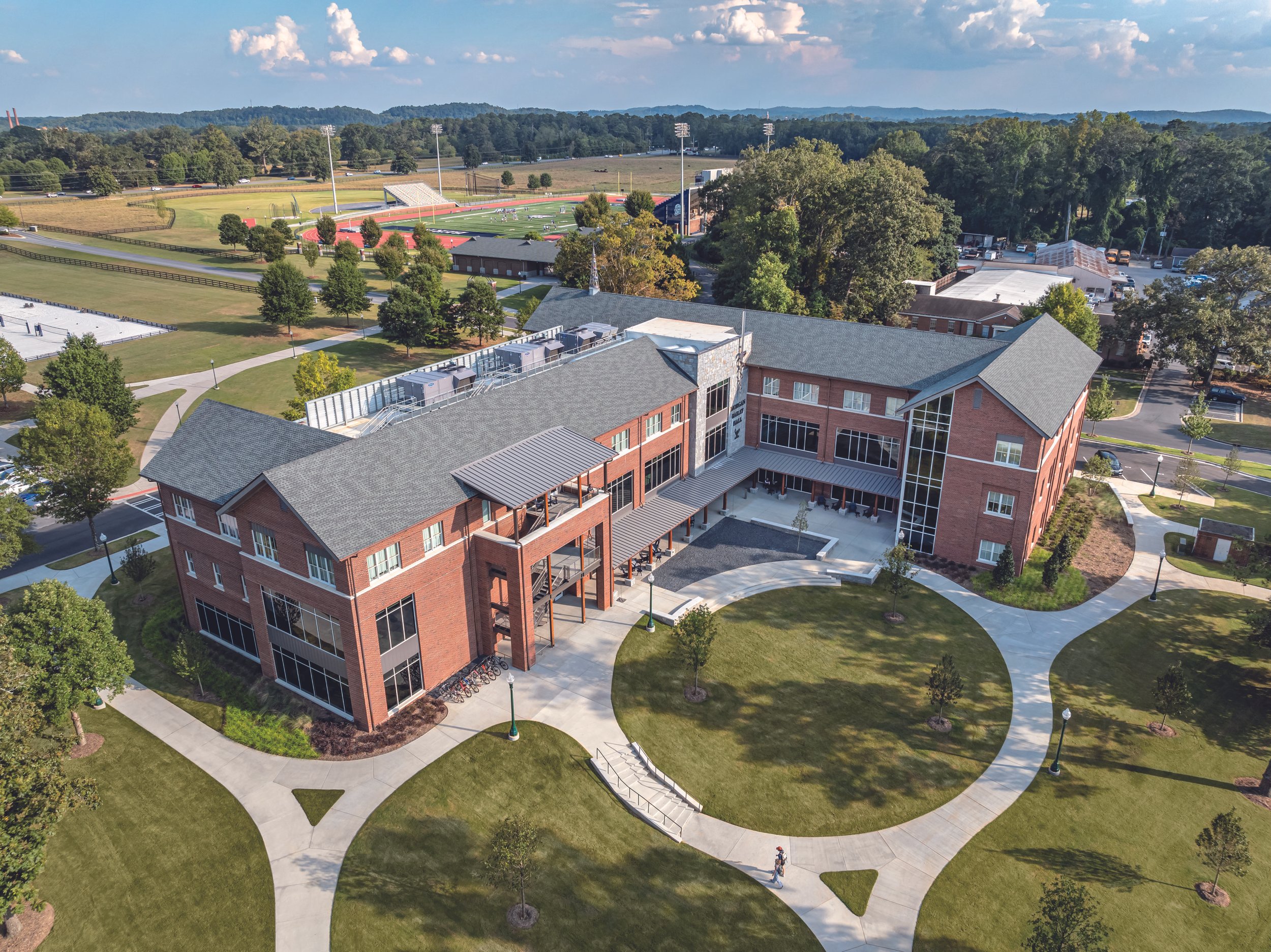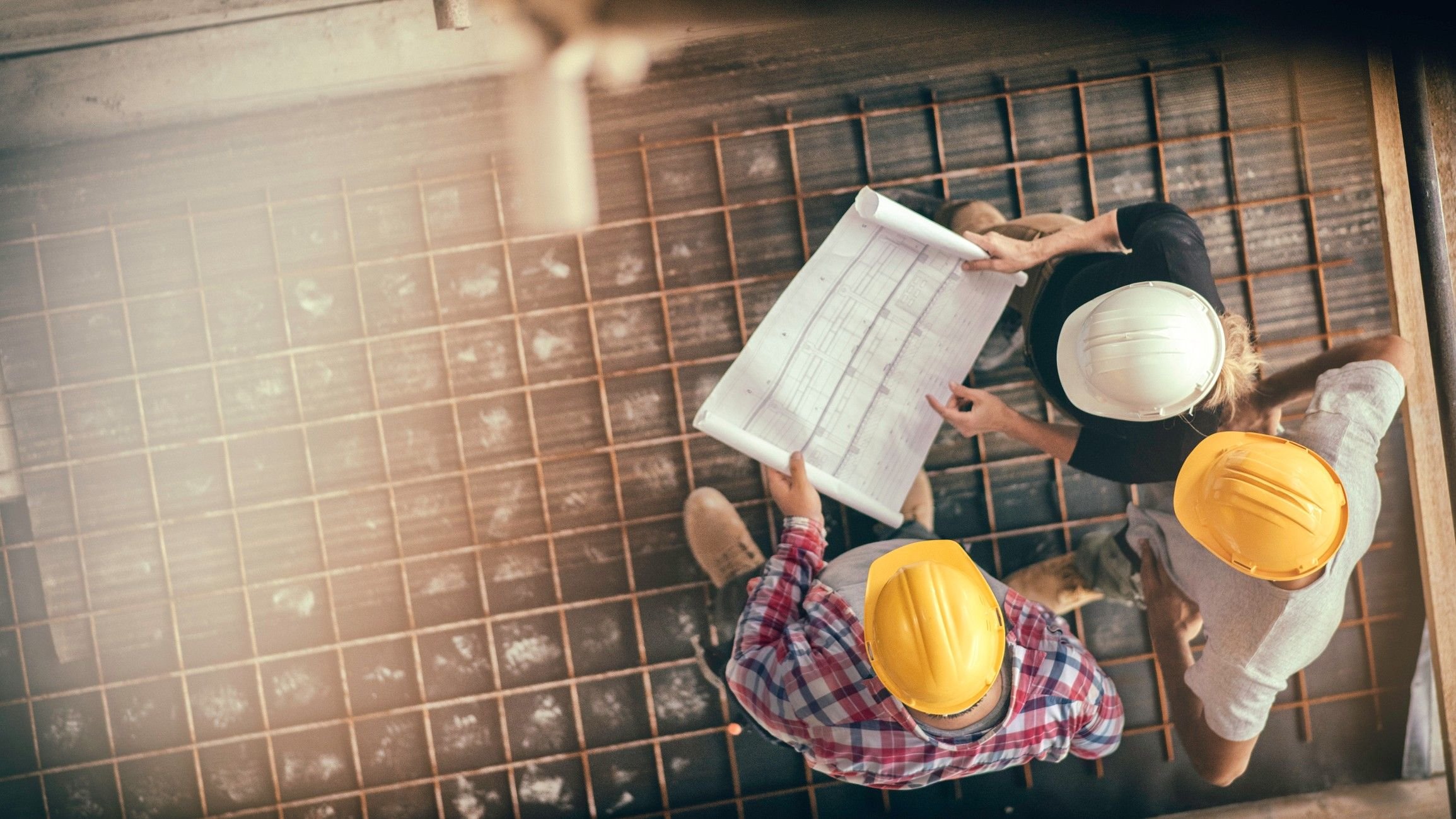
Join us for
the 25th annual Lab Design Conference in 2026!
We’ll see you in Orlando on May 11-14 at the leading business conference
for lab design professionals to learn about sustainable design, industry trends, and more
Featured
The design and location of HyphaPRO’s first laboratory reveal how start-up biotech companies prioritize adaptability, containment, and community support in their earliest facility plans
Don’t miss the Lab Design Conference, May 11–14, 2026, in Orlando—packed with educational sessions, networking opportunities, and hands-on insights that can inspire your next project, so get your ticket today to save $100 before February 27!
Life sciences projects often stall because permitting is treated as an administrative afterthought, but when it is centralized, technically informed, and managed through a coordinated owner’s representative model, it becomes a strategic function that reduces risk, shortens timelines, and keeps complex lab campuses moving efficiently
Latest
Research changes faster than construction. If your benches are bolted to the floor, your lab is already obsolete.
Sign up for this free webinar to explore the complete cleanroom lifecycle—from early planning and design through construction and commissioning, and into post-occupancy assessment and continuous optimization
Nate Roisen will present “Smarter Labs, Safer Labs: Optimizing Design with Hazardous Materials in Mind” at the 2026 Lab Design Conference in Orlando, sharing strategies for proactive hazmat planning, safe and efficient lab design, and lessons from real-world projects
Upcoming Events
Now you can register to all upcoming 2026 Lab Design Digital Conferences in one click! Fill out one simple form and enjoy access to all digital conferences for free for the whole year
Register for this free webinar and learn how to design, construct, and renovate adaptable cleanroom facilities that support evolving processes while ensuring the health, safety, and welfare of personnel
Join Lab Design for the Casework & Furniture Digital Conference, where industry leaders will share key considerations ranging from material durability and ergonomics to customization options and regulatory compliance
On-Demand Events
Join Lab Design for the Academic Lab Design Digital Conference, where our expert speakers will explore how to create flexible lab spaces that can adapt to evolving research needs and promote interdisciplinary collaboration
Join Lab Design for the HVAC Design for a Sustainable Lab Digital Conference, and discover how to effectively integrate HVAC systems into lab design and construction and plan for their future operation and maintenance
As we prepare for the 2026 Lab Design Conference, join Lab Design for this digital event which will present a deep dive into the essential aspects of laboratory design, construction, renovation, and furnishing
Project Profiles
Berry College’s Morgan-Bailey Hall supports the Nursing and Physician Associate Programs with flexible wet labs, high-fidelity simulation spaces, and student housing, all centered around a courtyard and timber porch to foster interdisciplinary learning, collaboration, and wellness
Ritedose Corporation is investing over $17 million to triple its cGMP lab footprint in Columbia, SC, adding new analytical chemistry and microbiology facilities that enhance efficiency, expand in-house testing capabilities, and support the company’s growing production capacity of 2.6 billion doses per year
Missouri State University has completed an addition to Roy Blunt Hall, marking the first phase of a larger project designed to showcase science while providing flexible, sustainable facilities for future growth
Professional Profiles
Nate Roisen will present “Smarter Labs, Safer Labs: Optimizing Design with Hazardous Materials in Mind” at the 2026 Lab Design Conference in Orlando, sharing strategies for proactive hazmat planning, safe and efficient lab design, and lessons from real-world projects
Vince Flickinger of Gensler will present a human-centered lab design session at the 2026 Lab Design Conference, sharing how people-focused strategies can enhance scientist well-being, collaboration, and performance without compromising technical rigor
Kat Lauer will present strategies for safely integrating hazardous materials into lab design at the 2026 Lab Design Conference, sharing practical insights on planning, workflow optimization, and stakeholder collaboration
Op-Ed
As 2025 ends, the JEDI series reflects on its evolution from focusing on design concepts to highlighting the experiences and priorities of lab leaders—in 2026 it will formally stand for Justice, Endurance, Design, and Impact
To support the vital work of recovering, identifying, and honoring the remains of missing servicemembers through advanced DNA analysis, forensic laboratories must be purpose-built to enable the precise, contamination-free processing of ancient and mitochondrial DNA—making thoughtful lab design an essential foundation for reuniting families with those lost to war
Dr. Shamika Kelley is transforming New Orleans' forensic lab not only through empathetic leadership and wellness-focused culture, but by directly influencing the physical lab space—expanding staff capacity, bringing DNA analysis in-house with advanced equipment, and ensuring the layout supports both operational excellence and human-centered design

